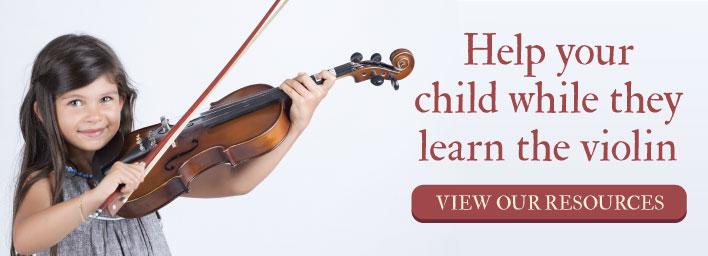How Childhood Music Lessons Provide Lifetime Brain Benefits

 Getting ahead in today’s competitive environment requires intelligence, determination, and a great education. Stiff opposition characterizes college admissions and the job market, and to be successful children need all the advantages they can command. And although many parents feel like music lessons help create a more well-rounded education, recent studies have shown that music instruction at an early age provides lifelong brain benefits.
Getting ahead in today’s competitive environment requires intelligence, determination, and a great education. Stiff opposition characterizes college admissions and the job market, and to be successful children need all the advantages they can command. And although many parents feel like music lessons help create a more well-rounded education, recent studies have shown that music instruction at an early age provides lifelong brain benefits.
For many decades parents have supported learning to play a musical instrument as a means for enhancing and enriching a public or private school education. And indeed, many home-school families include music curriculum as part of their activities. However, music education offers so much more. Now there is scientific proof that brain functions are both developed and improved by learning to play music, and there is no difference among instruments. Any type of music instruction that combines learning both notation and rhythm in conjunction with physical activity offers these lasting cognitive gains.
More than just a way to create a distinction among peers, music lessons deliver a wealth of rewards. In addition to the brain boosting effects of music education, a recent study by Northwestern University has found that music training helps children develop fine motor skills and provides the means for aiding the development of emotional and behavioral maturity.
Giving your children the tools to succeed in life is the goal of every parent, but the full cognitive benefits of playing music are still being explored. Yet, the benefits that have been discovered about the lifelong effects of music education may shock you. In addition to improving verbal memory skills, childhood literacy, and academic performance, playing a musical instrument has been found to encourage brain plasticity, sharpen multi-sensory processing skills, increase blood flow and thicken grey matter, as well as improving the executive function, connectivity, and coordinated neuroplasticity in an aging brain.
Develop Brain Plasticity
Brain plasticity is the term that indicate the speed of cognitive recognition, and in this case, sound. In august of 2012, Kina Kraus, Director of Northwestern’s Auditory Neuroscience Laboratory led another study that suggested that early music training has a lasting effect on the way the brain processes sound.
Older adults who had instruction as children, but who also hadn’t played an instrument in many years still demonstrated faster cognitive response to sounds than their contemporaries. As the brain gets older, changes reduce our ability to differentiate and hear specific sounds, but playing an instrument early can help prevent this type of decline. And, playing your instrument with regularity offers even more benefit.
Superior Multi-sensory Processing Abilities
Another lifelong benefit of musical training involves enhanced sensory perception. Led by Julie Roy of the University of Montreal, a 2013 study identified clear results concerning a musician’s ability to distinguish sensory information in the form of touch, sight, and hearing, correctly.
By using specific controls, researchers were able to observe the heightened ability of musicians to perceive and act on sensory stimuli, and this ability to adapt effects the brain regions that that are instrumental for audiovisual processing, which creates lifelong advantages.
Heightened Connectivity
More than one study has shown that music stimulates the brain, causing it to forge new pathways and connections. But, some specific research conducted in 2013 has made a convincing case for early music training. Professors Virginia Penhune and Robert Zatorre collaborated to show the relationship between intelligence and white matter connections.
The results showed that the time period between age six and eight is especially receptive to the benefits of musical instruction. In fact, it created long-lasting effects on motor skills and brain composition that benefits players all of their lives. Essentially, the coordination required to play an instrument builds this enriched structure and helps develop the connections that are crucial for healthy brain activity.
Increased Blood Flow
Many studies have examined the benefits of increased blood flow to the brain. Indeed, it’s one of the reasons physical exercise is so good for you. In addition to strengthening your body, increasing the blood flow to your brain increases the oxygen those cells receive, and has been shown to hinder the advancement of dementia and other memory loss related to aging.
In May of 2014, researchers at the University of Liverpool, Department of Psychological Sciences observed that after just a half an hour of simple music training blood flow was increased to the left hemisphere of the brain.
More research is needed to understand all that music training is able to provide, but with what is now known, it’s easy to see that building lifelong brain benefits is easily accomplished through early music education. The investment you make in music today will provide lasting returns throughout your lifetime and it is truly one of the best advantages parents can give their children to succeed.


